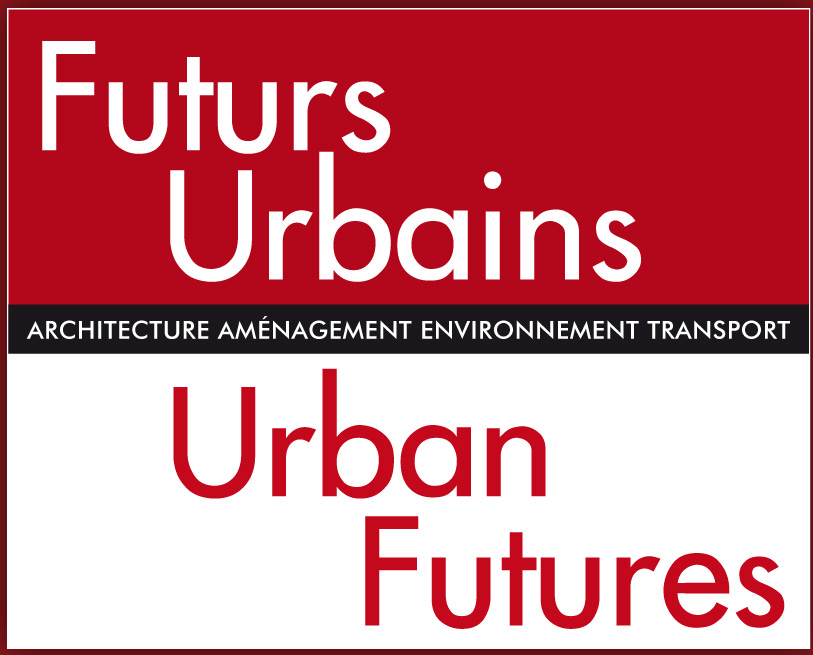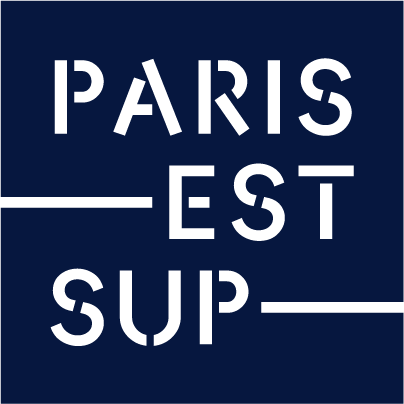Presentation of project
Faced with the fragmented nature of historiographic publications on the Grand Paris development project and the paltry importance afforded to history in current metropolitan programmes, “Inventing Greater Paris” aims to construct an “entangled history” of this major development project. Entangled, because to capture the history of Grand Paris, we need to adopt diverse approaches that allow everyone to understand the metropolitan dynamics at work (metabolism, morphology, infrastructure, landscape, architecture, planning, institutions, sociology, etc.). Moreover, in the 20th century, this history formed part of an internationalisation of ideas and practices that require an understanding of planning in other global metropolises and the links forged with Grand Paris.
The project took on concrete form in 2012 under the impetus of a group of lecturer-researchers drawn from institutes specialised in architecture, landscaping, urbanism and the human and social sciences, around the centenary of the Commission for the enlargement of Paris, set up in 1913 by Louis Bonnier and Marcel Poëte. Four international conferences were organised at opportune dates between 2013 and 2016, focusing on key planning and development milestones throughout the 20th century that were of great importance in the approach adopted for Grand Paris and the links between Paris and its surrounding suburbs.
The website www.inventerlegrandparis.fr which went live in 2017 reflected the general objective of perpetuating and extending initiatives already undertaken. It is used to publish existing findings and will provide a forum for future research and for pooling amenities and research equipment as part of a concerted international perspective. As such, the collective aims to broaden its research to include the national and international metropolitan history community. The “Inventing Grand Paris” Transversal Group was set up in September 2017 as a research collective within Labex Urban Futures, a long-standing project research partner, and it has a threefold objective :
The first objective involves contributing to metropolitan governance by producing an historical system of references underpinned by rigorous and issue-driven scientific selection criteria. The stakeholders in Grand Paris are currently in need of clarity, benchmarks and narratives to help them construct their diagnostic analyses. The “Inventing Grand Paris” website will help in producing these references and also act as precursor for a “virtual exhibition” of Grand Paris that will be used to show research identified/listed and the corpus relating to planning schemes.
The second objective is bound up with renewing scientific questions related to “entangled histories” of metropolises and the Grand Paris project. The resulting overview of conferences will highlight the multi-disciplinary issues that have marked the history of the 20th century and engage in a dialogue with future metropolitan developments. These include plan effectiveness, land control, future zoning, notions of frontiers/boundaries and greenways, the role of economics in planning, visual culture and transnational perspectives which, as various conferences have illustrated, have been continual features in exchanges of planning ideas, experts and guidelines.
The third objective is to set up a resource corpus related to the research questions developed, accessible via the website either directly (documents) or indirectly (links). Without wishing to supplant the work of archivists, this involves helping to establish a major “archive of Grand Paris” based around scientific issues raised by the research programme that help in identifying, circumscribing and locating related archival strata. The focus here is both practical and epistemological to help establish an archive for a major city where sources and resources are scattered and fragmented (and even threatened with possible disappearance or dilution), and understand how the metropolis forms into a palimpsest underpinned by multiple memories that itself constitutes an archive.

